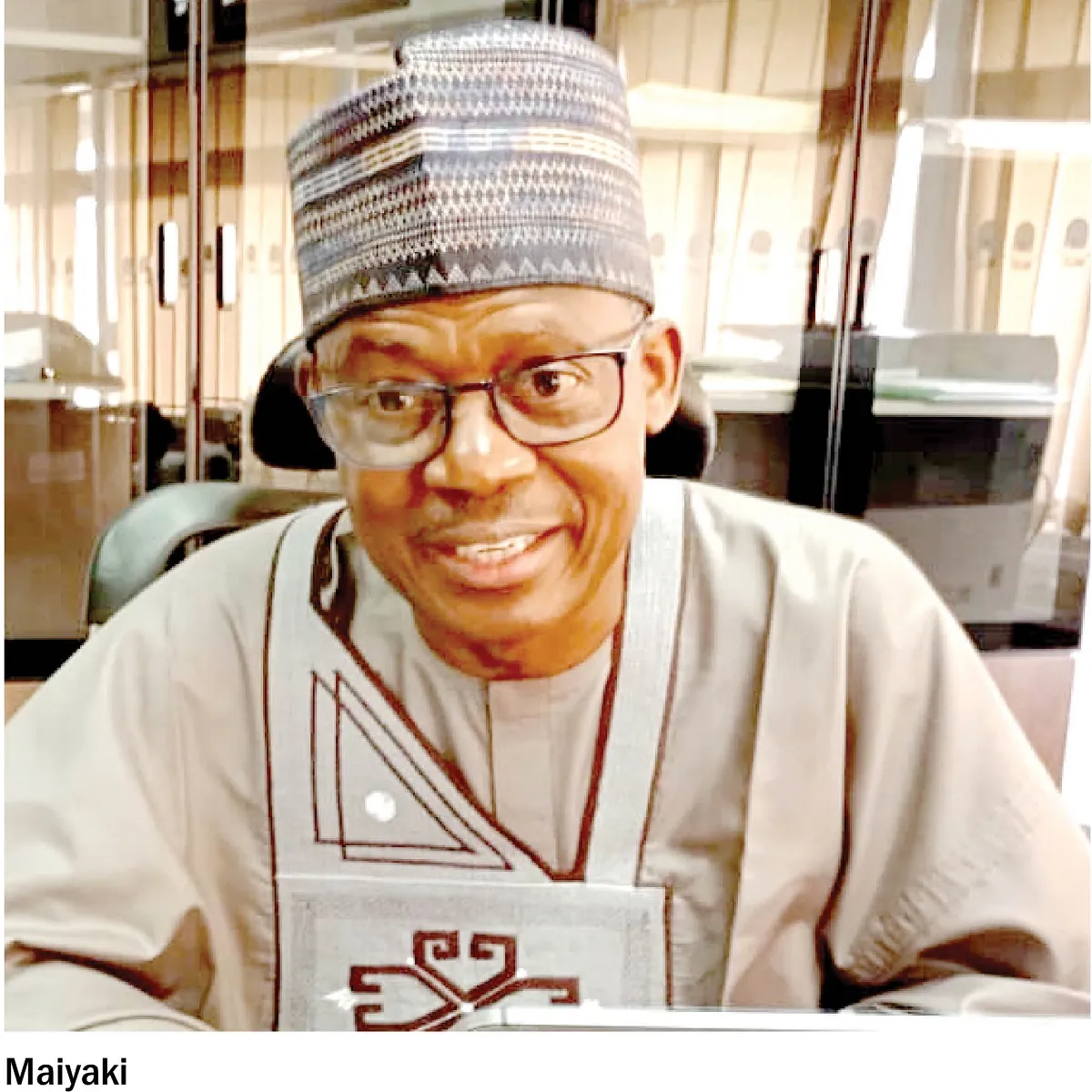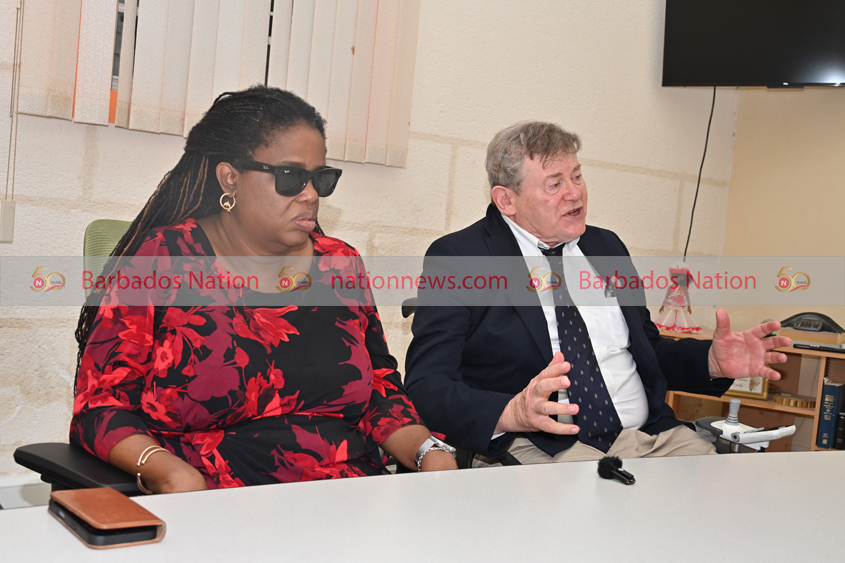Copyright tribuneonlineng

Mr Chris Maiyaki, the immediate past deputy executive secretary, administration, of the National Universities Commission (NUC), retired from federal civil service having served the nation in a distinguished career that spanned 35 years. In this interview, he speaks with CLEMENT IDOKO on the need for Nigeria to be intentional about funding of education, reflects on his career, shares insights on the evolution of Nigeria’s university system. He emphasised the need for good governance, and stronger alignment of university education with the nation’s development agenda. Excerpts: No doubt, Nigerian University System has grown in leaps and bounds amid many challenges, what in your view is needed to be done to have a better university system? This is something we have to dream about and aspire to attain. We need to advocate and negotiate. A better university system presupposes that we place a premium on the pivotal role of universities. Universities bring development and create a generation of highly skilled educated people. There’s hardly any country that can outgrow the level of investment it makes in its educational system. When the UK was exiting Europe, you remember the Brexit? Theresa May said something when she was faced with a lot of steep opposition and resistance from the British. They were ideologically divided and still are. They regret leaving the European Union, but it was at that defining moment that she addressed the nation and said, even if they were going to lose everything as a country, they would fall back on their university system to reinvent the United Kingdom. So, the universities have a role to play. So, what do we need to do to get it right as a country? We need to be very deliberate and intentional about investing in education. We cannot treat education with levity or as an afterthought, we cannot afford to. I was privileged to visit the King Abdulaziz University in Jeddah; a postgraduate university with only 1,500 students’ population has over 2,000 laboratories. They endowed $10 billion. The late king of Saudi Arabia endowed $10 billion. This is a university founded 10 years ago. It invested the $10 billion in trust, investments overseas, and they are now living on the dividends and the interest accruing from that investment. That’s how serious they have taken their universities. Universities are unique animals because they play unique roles in the life of a country or nation, family and an individual. They must be treated with the seriousness that they deserve. So, we need to invest in infrastructure. If you go around universities, you will see that the infrastructural deficit is very glaring. Universities, whether public or private, are very capital-intensive. As a deliberate effort, we must ensure that they are well-equipped. The laboratories and library holdings must be current in terms of quantum and quantity. Now, we are talking about ICT penetration. There is no hiding place as to the role of technology in delivering education. We must be part of this global trend; the global storm that has taken the world. We can’t afford to be analogue. We need to change and modernise the art of teaching-pedagogy. We need to infuse modern technology in the art of teaching. We need to improve the capacity of our staff, both teaching and non-teaching alike. We need to constantly reform and update curriculum to bring it up to speed with global best practices. To make sure that curriculum or curricula align with the demands of the workplace, the 21st century workplace demands that. We need to incentivise our teaching and non-teaching staff. We need to give the university staff a reason to continue to apply themselves fully to the vocation that they settled for when they graduated from university. We need to strengthen our governance system. Poor governance, management and organisational systems are the bane of our university system. We need to reject that; we must reinvent, reorganise and reposition the ecosystem of our governance. The governance is very key as well as collaboration, because the university is an international character. We cannot operate in silos or cocoon. We must expose our universities to some of the best practices, so that we can glean those things that we daily need to improve the system. The National Universities Commission (NUC) needs to be strengthened as a regulatory agency that has been saddled with a vital responsibility to coordinate and regulate university education in the country. See how professional bodies are springing up. You just spoke about the need to strengthen regulatory framework of NUC, a commission you served for 35 years, can we say that the commission has lived up to expectations of its founding fathers? I must say that there can be no university system without the NUC. We need to set standards, from the whole evolution of university system in Nigeria, from 1948 when University of Ibadan started as the first premier institution. We need to police, monitor, inspect and guide the system. The NUC is vested with the very strategic responsibility to determine, lay down minimum standards and enforce them through accreditations and resource verification. Just imagine the system without NUC. Even with NUC, it’s still a battle between conformity or otherwise. Image a university with a dream of issuing an honorary doctorate degree on the day of matriculation. I had to call the vice chancellor to order and told him this was an aberration; a taboo that must not happen. What has happened to the long-cherished tradition and best practice? Without the NUC, it would have been a sad story. The commission is still battling to uphold the sanctity of quality, so, NUC has lived up to its expectations but needs to be enhanced. We need the laws of the commission to be strengthened. Some of the laws are a bit moribund. For instance, we can’t just go ahead to shut down any illegal institution, because we do not have the powers to do so. We are not like NAFDAC. NAFDAC can bring petrol and pour on such illegal operation but in the case of the illegal universities, you have to be careful. If you shut them down, what happens to those kids? So, we need to update our laws and strengthen NUC as a regulatory agency. Many professional associations are springing up, wanting to do almost the same accreditation NUC is doing. We need to strengthen the laws so that we don’t work at cross purposes. To answer the question directly, NUC has seen tertiary education system grow from one university in 1948 to 300 universities, providing guidance, intervening, regulating, suspending, withdrawing licenses and declaring state of emergencies. This is the kind of gaps the NUC has filled over the years. Yes, there is a lot to be done because as the system magnifies, so also will the challenges multiply. We need to strengthen the system as the staff needs to be exposed.



